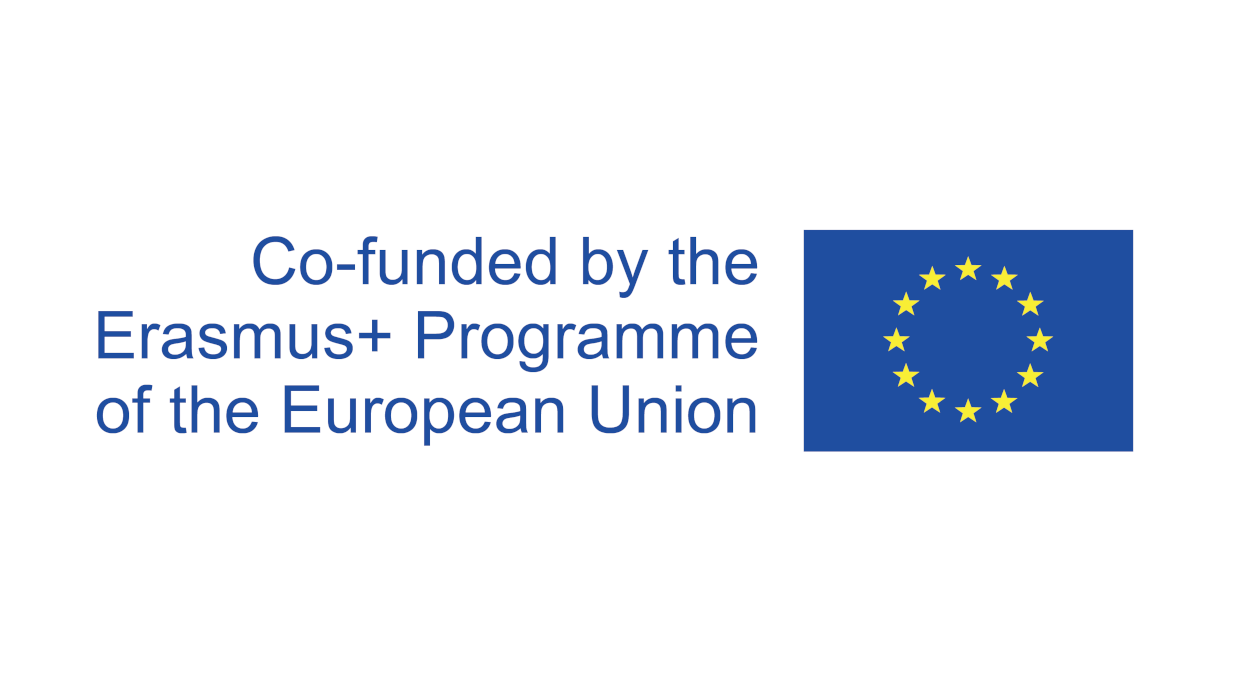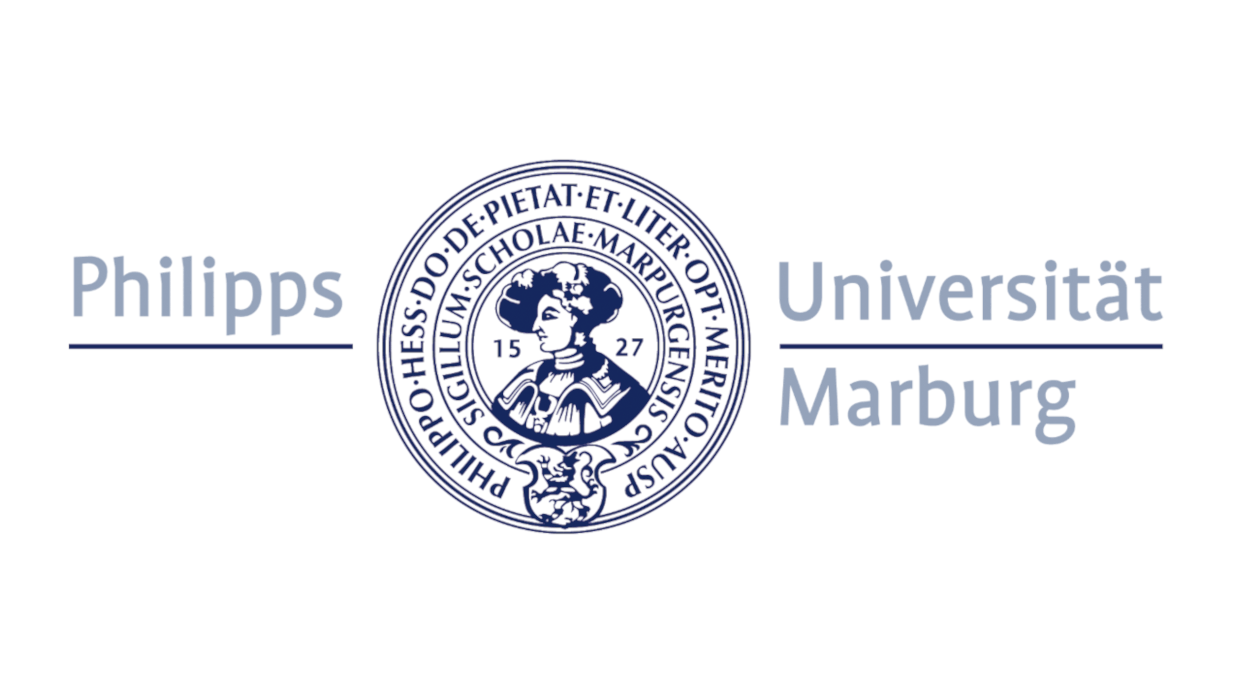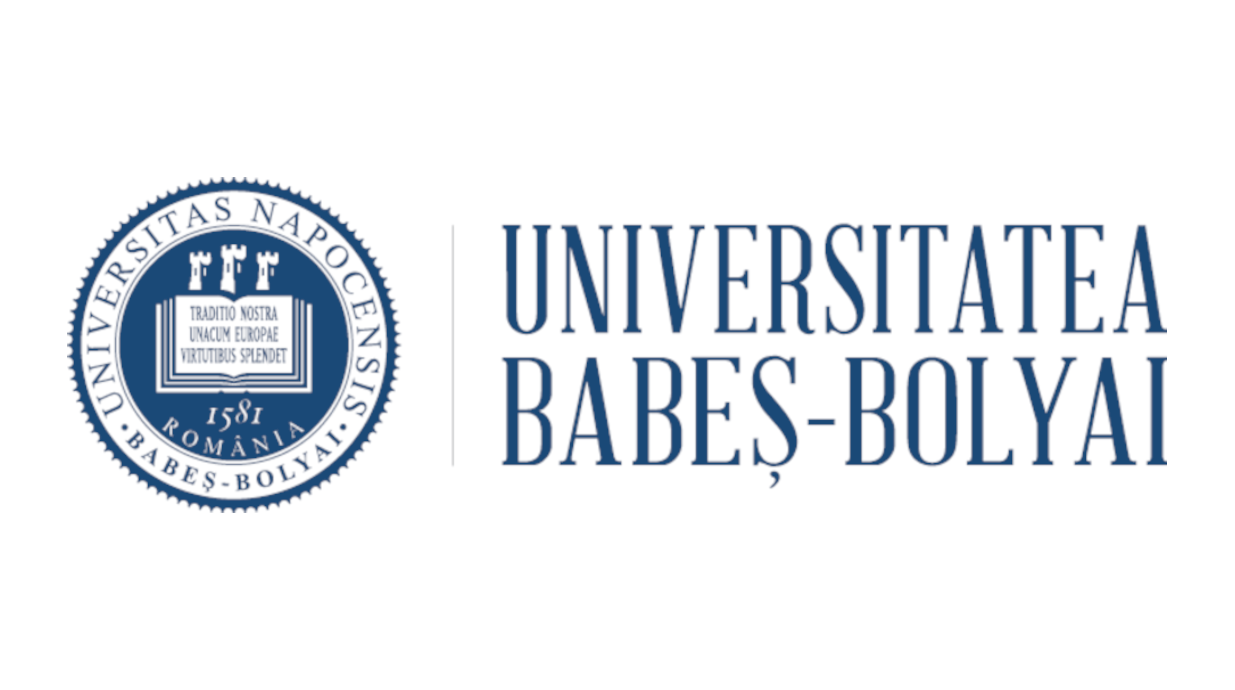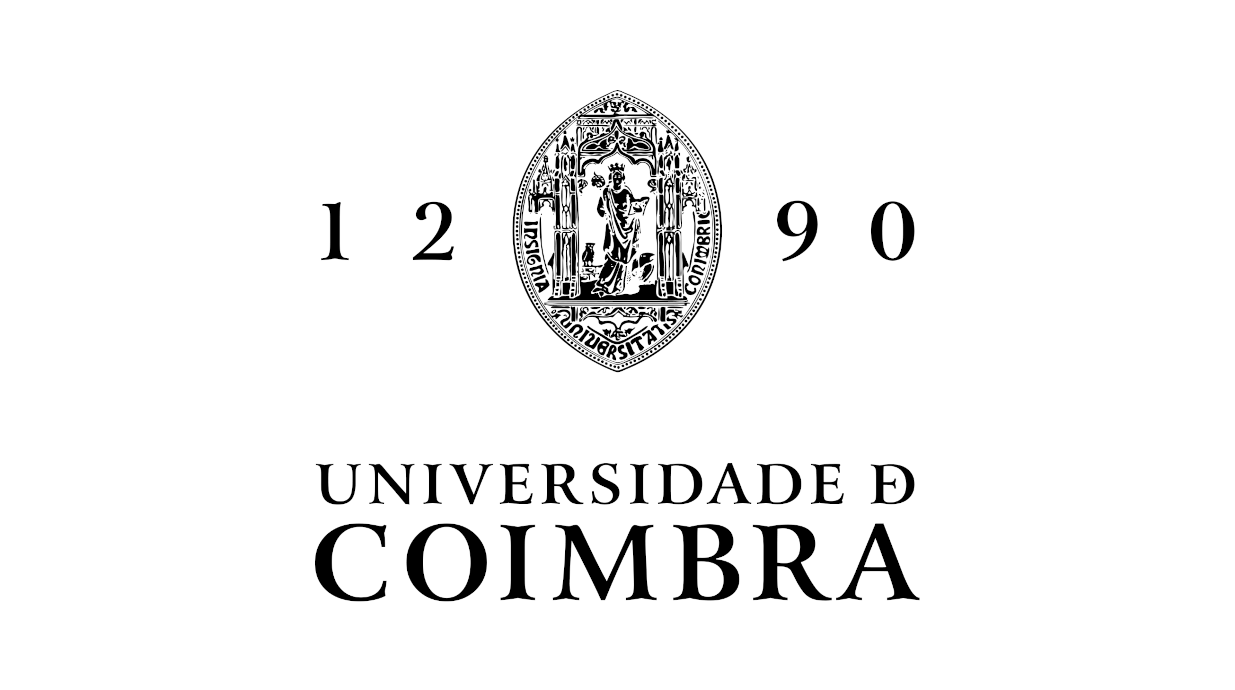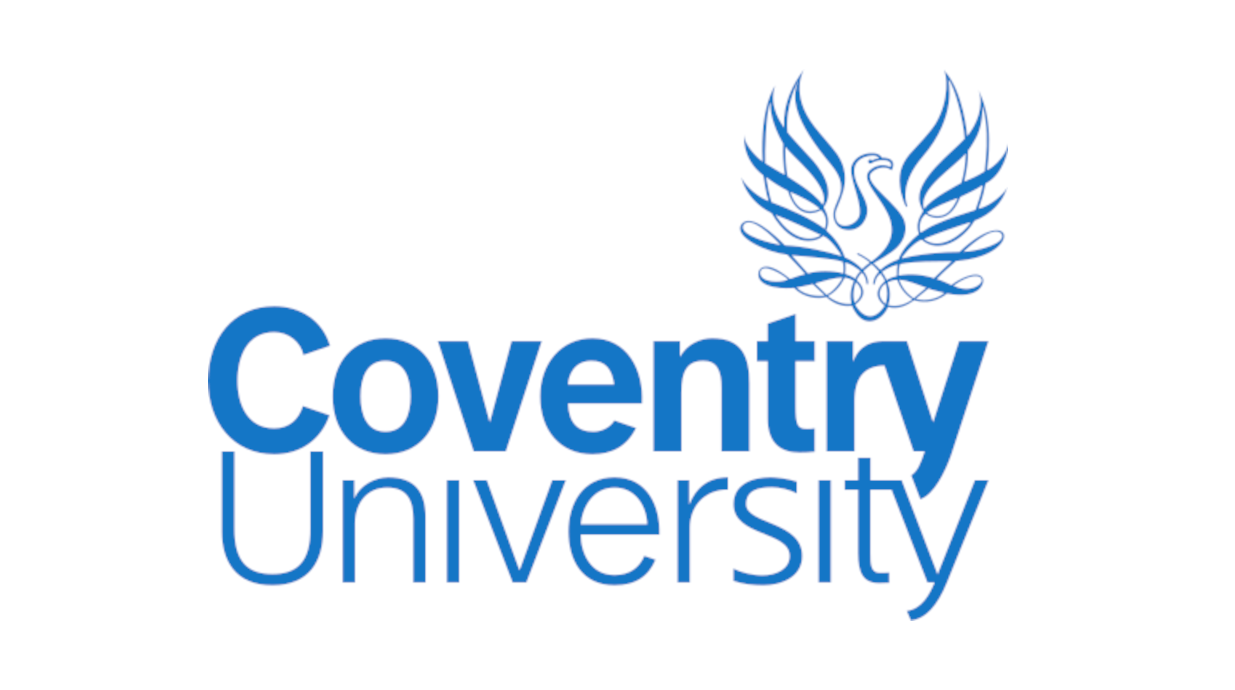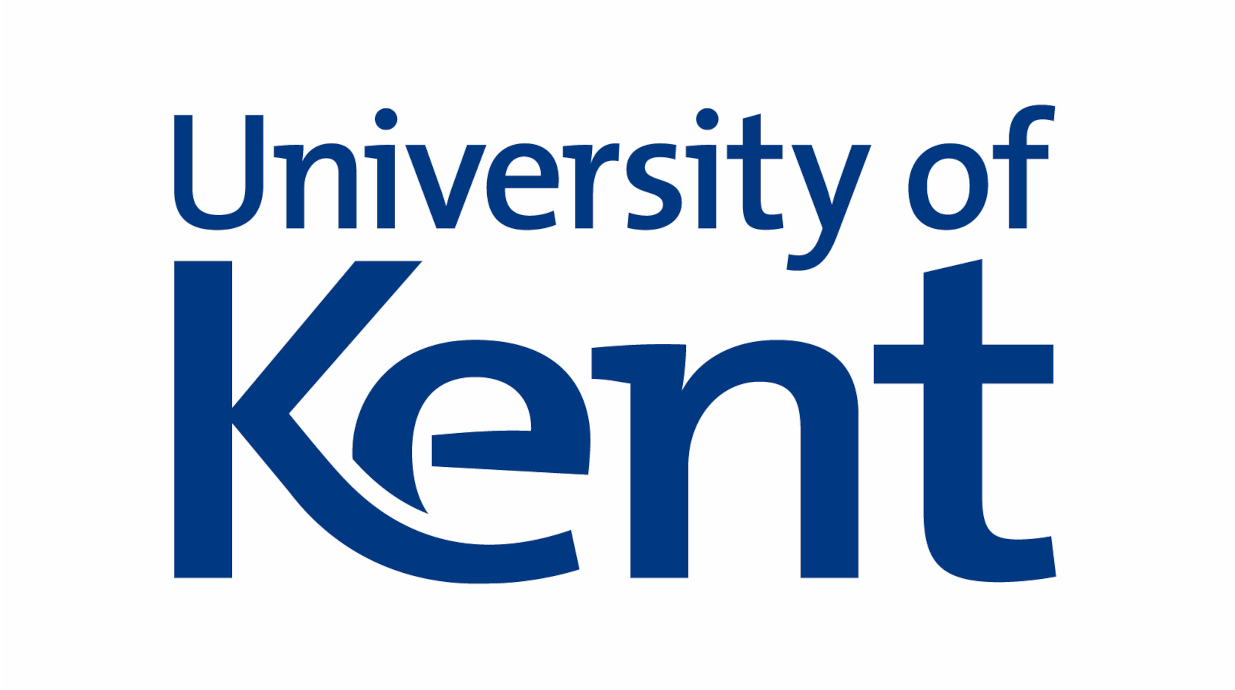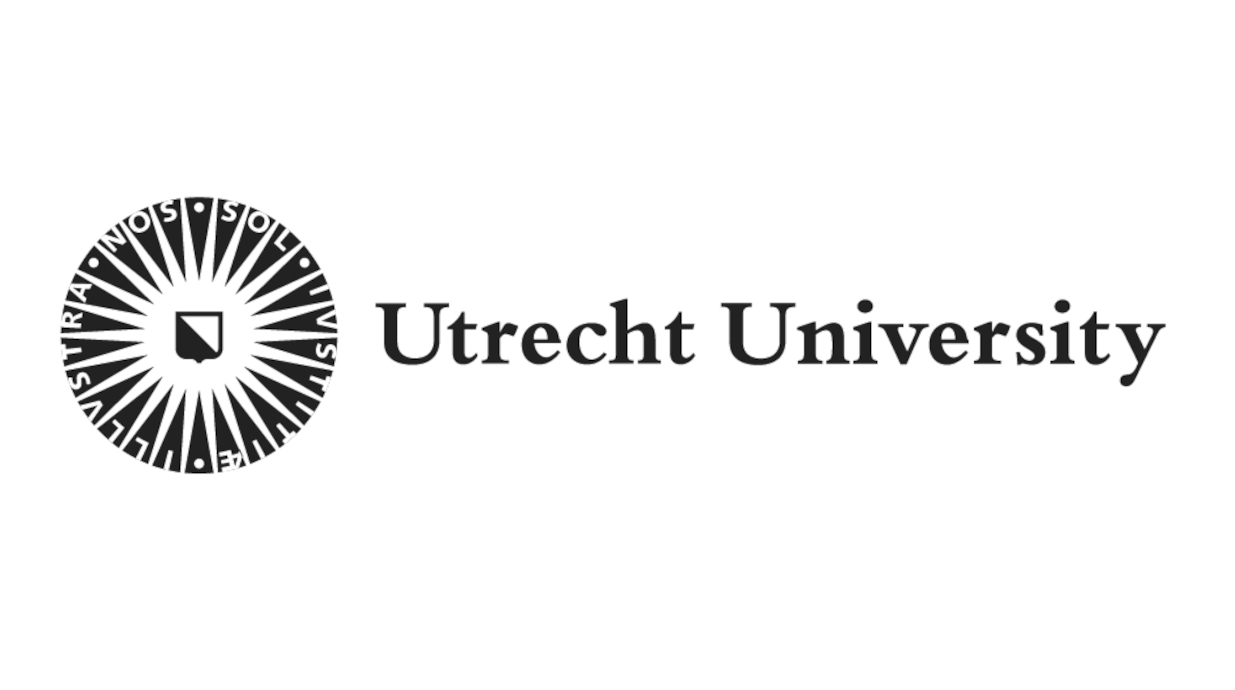Main Content
Desk Study - Mapping of Work-based Learning in Peace, Conflict and Security Studies (O1)

Duration: 11/2020-06/2022
Work Package Leader: Utrecht
Team: Chris van der Borgh (Utrecht), Luuk Slooter (Utrecht), Sára Vértes (Utrecht), Lena Runge (Marburg), Stéphane Voell (Marburg), Thorsten Bonacker (Marburg).
The first Intellectual Output (O1) within the INCOPS project served as the foundational work package, focusing on the exploration and analysis of Work-based Learning (WBL) in Peace, Conflict & Security Studies (PCS). This output was crucial in laying the groundwork for subsequent project activities and aimed to examine the potential benefits of WBL in PCS while assessing how the concept had been utilized within the field.

INCOPS Report #1.
This report analyses the potential benefits of Work-based Learning (WBL) for the Peace, Conflict & Security Studies. It provides a conceptual base and investigates forms of WBL that have been used, both quantitatively and qualitatively.
Runge, Lena and Sára Vértes (2021) Mapping Work-based Learning in Peace and Security Studies. INCOPS Report #1.
Utrecht directed O1, facilitating the coordination among project partners in conducting a comprehensive desk study spanning from November 2011 to May 2021. The overarching objective was to establish a conceptual base and investigate various forms of WBL within Europe.
The work package unfolded in three core segments:
- Desk Study: This segment involved a comprehensive review of existing literature to construct a structured overview of WBL, its models, strengths, and potential benefits for PCS. The focus was on creating a shared understanding and framework for WBL within the PCS domain.
- Mapping of PCS Programs: The project surveyed 97 PCS-related study programs across Europe to identify existing models and modules integrating WBL into curricula. The aim was to catalog diverse practices and experiences associated with WBL activities, along with institutional settings and guidelines in PCS.
- Qualitative Survey: A qualitative inquiry was conducted, involving 15 selected programs outside the consortium, aiming for a representative sample across European regions. The survey aimed to standardize the examination of curricula, exploring WBL practices aligned with academic literature models.
Key findings highlighted the prevalence of internships as a frequently associated form of WBL within scrutinized programs. However, the term "internship" encompassed a wide range of meanings and practices, contributing to its diverse interpretation across programs.
Contextual factors significantly influenced explicit WBL design within PCS programs, such as program duration, institutional characteristics, integration of WBL in thesis requirements, and considerations for mature students.
The emphasis on assistance and assessment emerged prominently both in academic literature and the survey. Assistance pertained to the depth of guidance provided by universities for WBL activities, encompassing various forms of support, while assessment highlighted challenges in standardizing learning outcomes and formal accreditation of WBL experiences.
Overall, this initial work package laid the foundation by consolidating insights into diverse WBL practices, contextual factors, and challenges, setting the stage for subsequent phases within the INCOPS project.
---
Integration of Work-based Learning in Conflict, Peace and Security Studies (INCOPS)
Erasmus+ Strategic Partnerships, 2020-1-DE01-KA203-005661

